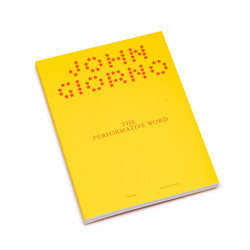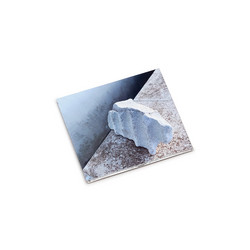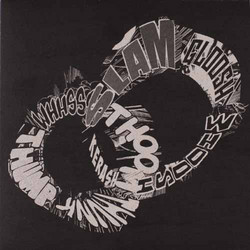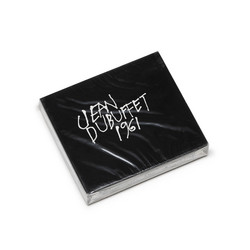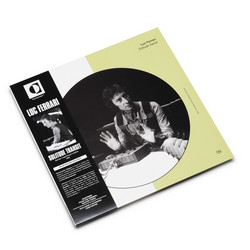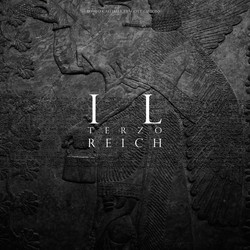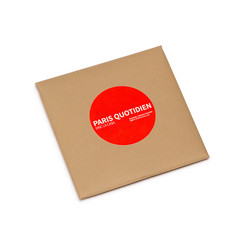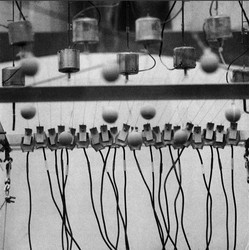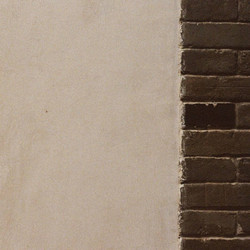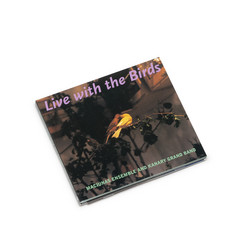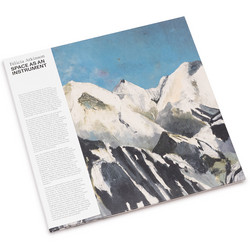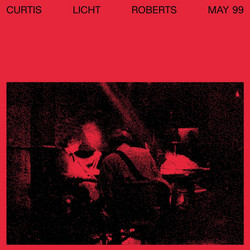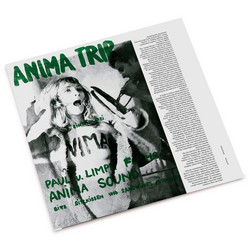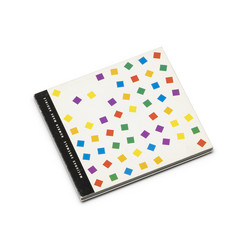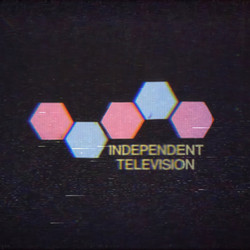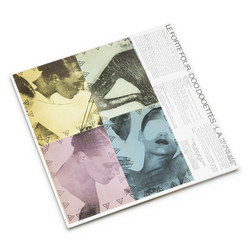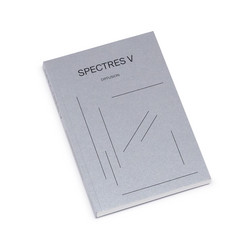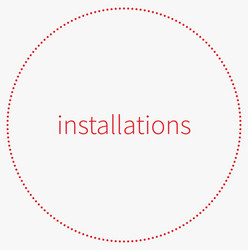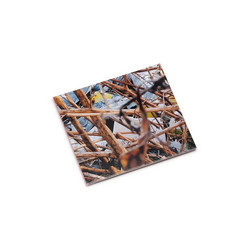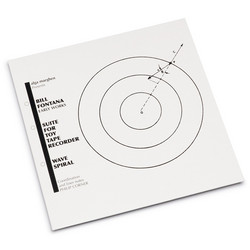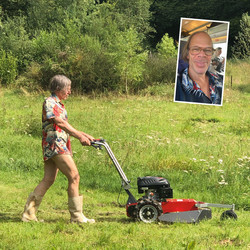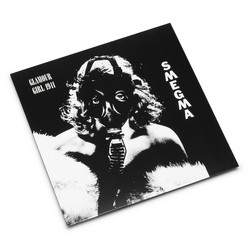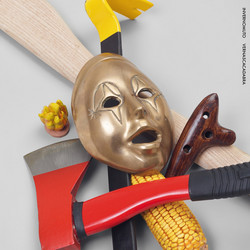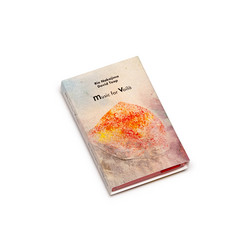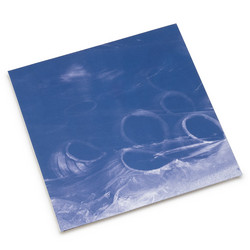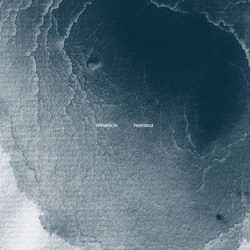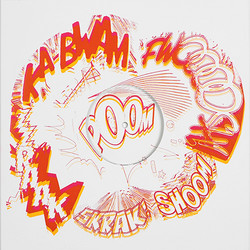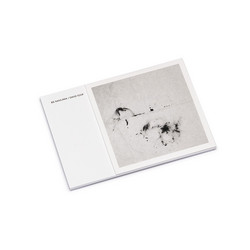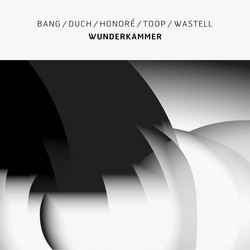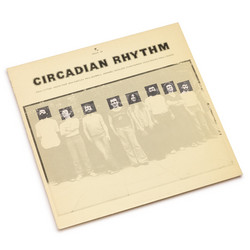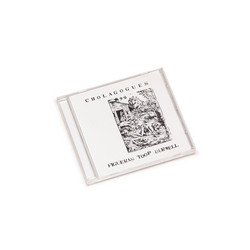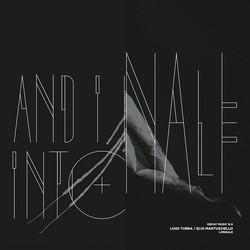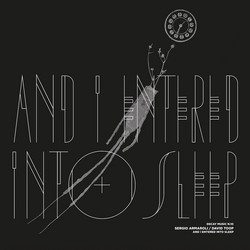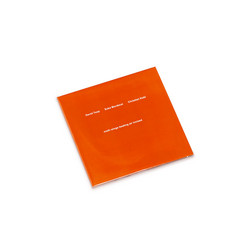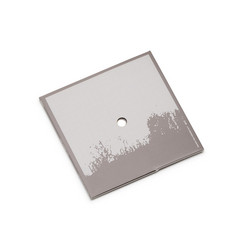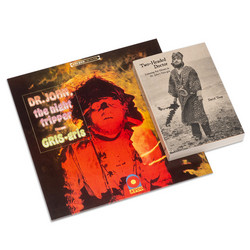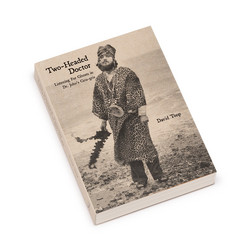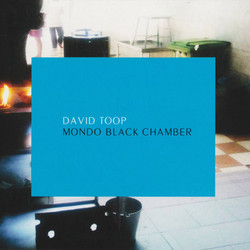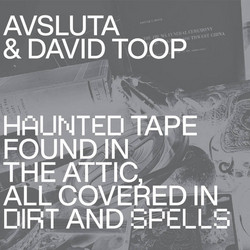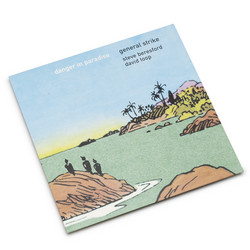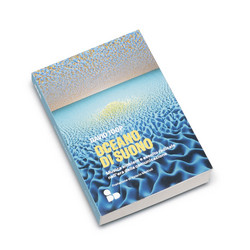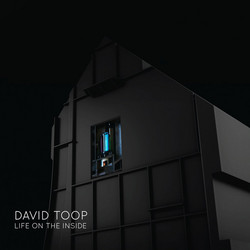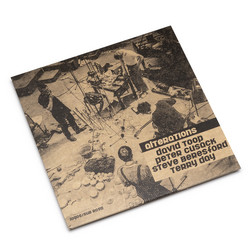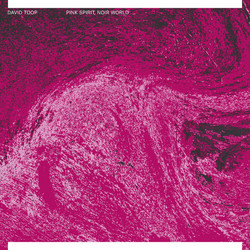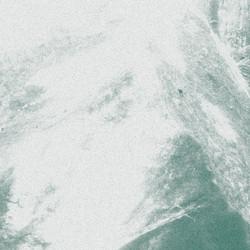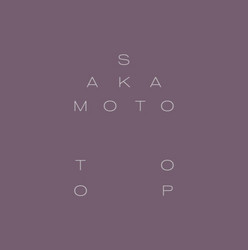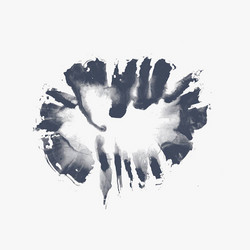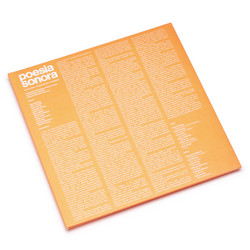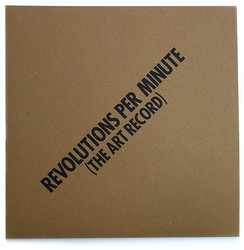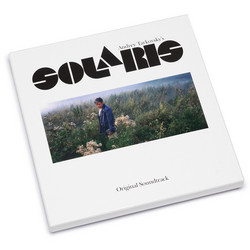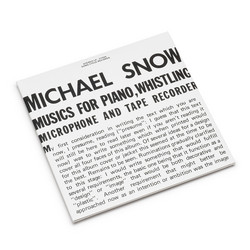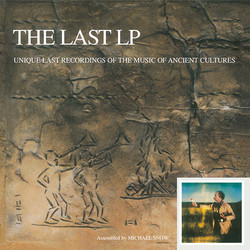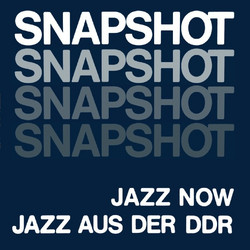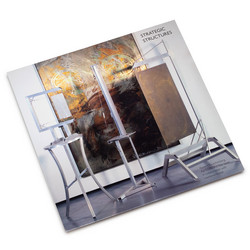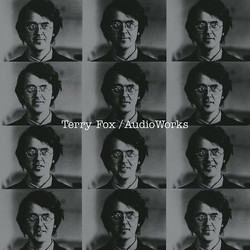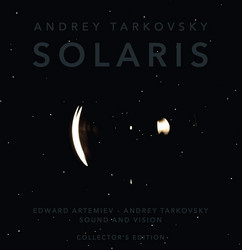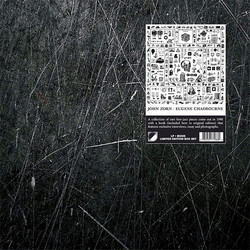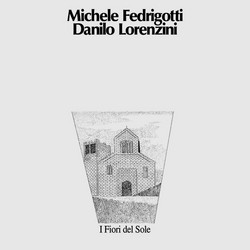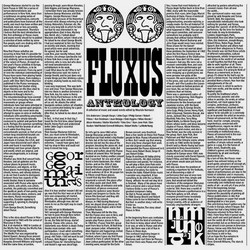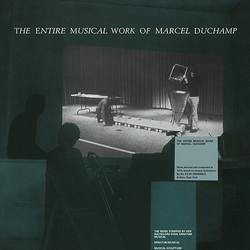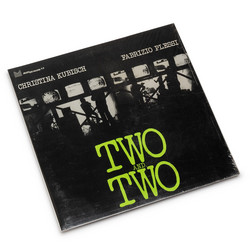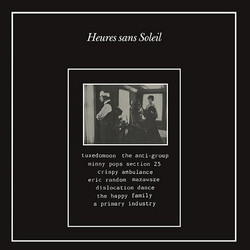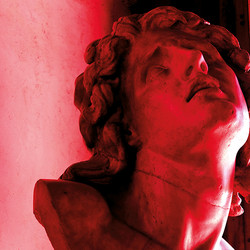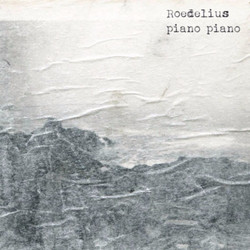On June 30th, 1979, at the London Musicians Collective on Gloucester Avenue, David Toop and Paul Burwell gave a performance that would become one of the defining documents of British experimental music. Recorded by Max Eastley and Russ Wood on a Uher Stereo Report with two AKG S224 microphones, the nine tracks that comprise Wounds were edited from this single evening—one of "many hundreds of performances given by this duo in the 10 years they have played together."
Originally released in 1980 on Toop's own Quartz! label, this first-ever vinyl reissue by Song Cycle captures a crucial turning point in British improvised music. Founded in 1976 by a group of improvising musicians and sound artists including Evan Parker, Peter Cusack, Lol Coxhill, Sylvia Hallet, and Eastley, the London Musicians Collective helped shape a new generation of free improvisers with interests ranging from the music of John Stevens, Parker, and Cornelius Cardew to non-western musical experiences.
Toop and Burwell met precisely in these crucial moments, launching a long-lasting collaboration that took two intertwined forms: a trio with artist and poet Bob Cobbing (forming the group abAna), and this remarkable improvisation duo. Their work together represented a radical expansion of what improvised music could be—not just in sound, but in materials, methodology, and meaning.
The performance captured on Wounds saw both musicians surrounded by an extraordinary array of instruments and objects placed on the floor, ready to be picked up and played at will. Toop deployed electric guitar, flute, "home-made and found stuff," cassette tapes, water, rubbish, noise, and small explosives. Burwell responded with percussion, six-string harp, bamboo fiddle, bird decoys, whistle, rubbish, paper, water, and more. The album also features "the parrot's long goodbye recorded London Zoo + whirled tape recorder with tape of Continamo Falls, recorded Amazonas, 16 November 1978 by Toop and Figuera."
This approach was intimately connected to Toop's groundbreaking 1974 publication New/Rediscovered Musical Instruments, which he edited and co-published, featuring the work of Eastley, Hugh Davies, Parker, Paul Lytton, Burwell and himself. Where most improvisors attempted to liberate music within a fairly limited palette of sounds, Toop was among the first to not only look beyond European sources, but to suggest objects and artist-made instruments to further the cause. Wounds represents the first major recorded realization of these ideas.
The music itself exists in a state of productive ambivalence—suspended between the unfolding of performance time and the circularity of ritual. Tracks like "Stigmata," "Marks And Social Purpose," "Cosmopolitan Order Of Birds," and "The Experiment Of Olgas Hand" give way to a rattling expanse of texture, complex polyrhythm, and bristling tone that draws the ear toward fundamental meanings at the primal root of music itself. The collage of texts appearing on the original artwork demonstrated a certain disapproval and skepticism toward the progress of society, yet Wounds also seems to suggest a possible cure: the improvised music, the use of non-canonical instruments, the presence of pre-recorded sounds—all serve as an open invitation to listeners to abandon old conventions and search for a new system of relationships.
This was the British scene at a moment of vital transition. While the first generation of British free improvisers demonstrated a rigorous commitment to non-idiomatic free improvisation and instrumental virtuosity, musicians like Toop and Burwell were pushing beyond those boundaries. They reconnected with broader experimental traditions, embracing what one critic called "joyful musical promiscuity" and deliberately expanding the sonic vocabulary of improvisation through the integration of field recordings, found objects, invented instruments, and non-western musical approaches.
Burwell—holder of London Musicians Collective membership card no. 1—was a founding member of the organization and a crucial yet sinfully under-appreciated percussionist whose contributions can be found across nearly every one of Toop's albums during the second half of the 1970s and early 1980s. His later work with the industrial performance group Bow Gamelan Ensemble (with Anne Bean and Richard Wilson) would further demonstrate his commitment to expanding the boundaries of sound and performance.
Toop himself would go on to become an internationally recognized musician, author, curator, and professor of audio culture and improvisation at the London College of Communication, as well as a regular contributor to The Wire and a member of the new wave band The Flying Lizards. But Wounds captures him at a formative moment, when the ideas that would inform decades of subsequent work were being forged in real time, in front of audiences, with immediate creative partners.
Presented in its original cassette-recorded room fidelity, the music on Wounds has an unstable, dispersed quality reminiscent of pioneering live electronics while remaining entirely acoustic. It's as alive and in the moment as music can be—a crucial document of British improvisation that foreshadows the actions of numerous generations of artists that would follow in its wake.
This limited edition reissue offers contemporary listeners a rare opportunity to experience one of the key documents of the inventive and energetic scene around the London Musicians Collective—music that remains as vital, challenging, and inspiring today as it was in 1979.
